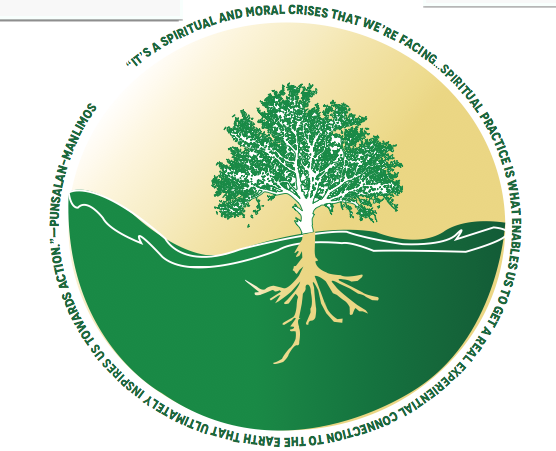The world is heating up, and so is the Seattle University discussion of climate justice.
On Wednesday, Jan. 13 at 5:30 p.m. in the Pigott Auditorium, Campus Ministry will host a screening of the new documentary “This Changes Everything,” which addresses the connection between capitalism and climate change.
“In recent years, the connections between capitalism and climate change and the stories of frontline resistance have been much more central to the movement,” said senior Student Campus Minister Delaney Piper. “I think audiences are ready and need to be ready for what that looks like.”
The film is based on Naomi Klein’s book of the same title, though the film more closely follows the stories of communities who are most affected by climate change and their resistance efforts. On Thursday, Campus Ministry will host a follow-up Soup with Substance event to provide a space for viewers to discuss their reactions to the film.
In Piper’s view, “This Changes Everything” differs from other well-known environmental documentaries like “An Inconvenient Truth” in that it takes a “bottom-up approach.” The film focuses on stories of resistors and the strength of their efforts, rather than the sometimes shocking statistics gathered by scientists. There are even images from the Shell No! protests in Seattle last spring, when activists gathered in kayaks and on shore around the Shell oil rig in Elliott Bay to protest.
Catherine Punsalan-Manlimos, the director of the Institute for Catholic Thought and Culture, said that Pope Francis’ recent encyclical on climate change, “Laudato Si,” similarly called attention to the struggles and stories of those most affected by the catastrophe.
“There’s a clear invitation to the Catholic Church to participate in this movement, but not as the voice or the leader,” Punsalan-Manlimos said. “It also emphasizes the importance of everyone in this conversation, because there is wisdom in so many places. This requires a profound sense of humility as well as openness.”
Even before the release of the encyclical, ICTC and Campus Ministry hosted events, speakers and retreats that focused on the dialogue between spirituality and ecology.
In 2015, Campus Ministry and the Institute for Catholic Thought and Culture hosted several events focusing on the relationship between spirituality and climate justice. This film screening will continue the theme.
“The heart of Campus Ministry’s mission and vision is helping students to embody faith and justice through their lives by providing opportunities for them to learn and grow in these areas,” Campus Minister Jimmy McCarty said.
Though “This Changes Everything” does not specifically emphasize spirituality, McCarty said it is relevant to previous discussions on campus about climate change.
“This film fits right into this mission by providing students an opportunity to learn about the global work of justice in response to climate change…and be a part of a larger community of students interested in and committed to these values,” McCarty said.
Like McCarty, Piper sees this film as consistent with Campus Ministry’s mission and goals. “Catholic social teaching tells us we must have a preferential option for the poor and the poorest among us are those facing climate change,” Piper said. “So their voices, their stories and their ideas are central to the movement.”
McCarty first saw the film after it was released in Nov. 2015, and since then he and two Student Campus Ministers, seniors Tesi Uwibambe and Piper, have collaborated to bring the film to campus.
“We were very aware that the spiritual element was an important part of the discussion,” Punsalan-Manlimos said. “It’s a spiritual and moral crises that we’re facing…Spiritual practice is what enables us to get a real experiential connection to the earth that ultimately inspires us towards action.”
Professors Jason Wirth and Elizabeth Sikes explore this topic in another area, holding weekly meetings in the narthex of the Chapel of St. Ignatius devoted to Zen Meditation and EcoSangha, a practice that seeks answers to our environmental crises from a Buddhist perspective.
Piper hopes that the audience leaves with a sense of ownership in the climate justice movement after seeing the film.
“We at Seattle University might not be on the frontlines, but I think we are part of it,” Piper said.
At the Soup with Substance meeting on Thursday, Piper hopes to discuss moving forward with addressing this issue as a campus.
“Talking about divestment again and the ways we as an institution have structural power is important,” Piper said.
Though individuals and campus groups like Sustainable Student Action have been raising these issues for years, Piper hopes the film will bring energy and a new perspective to the climate justice conversation at Seattle U.









